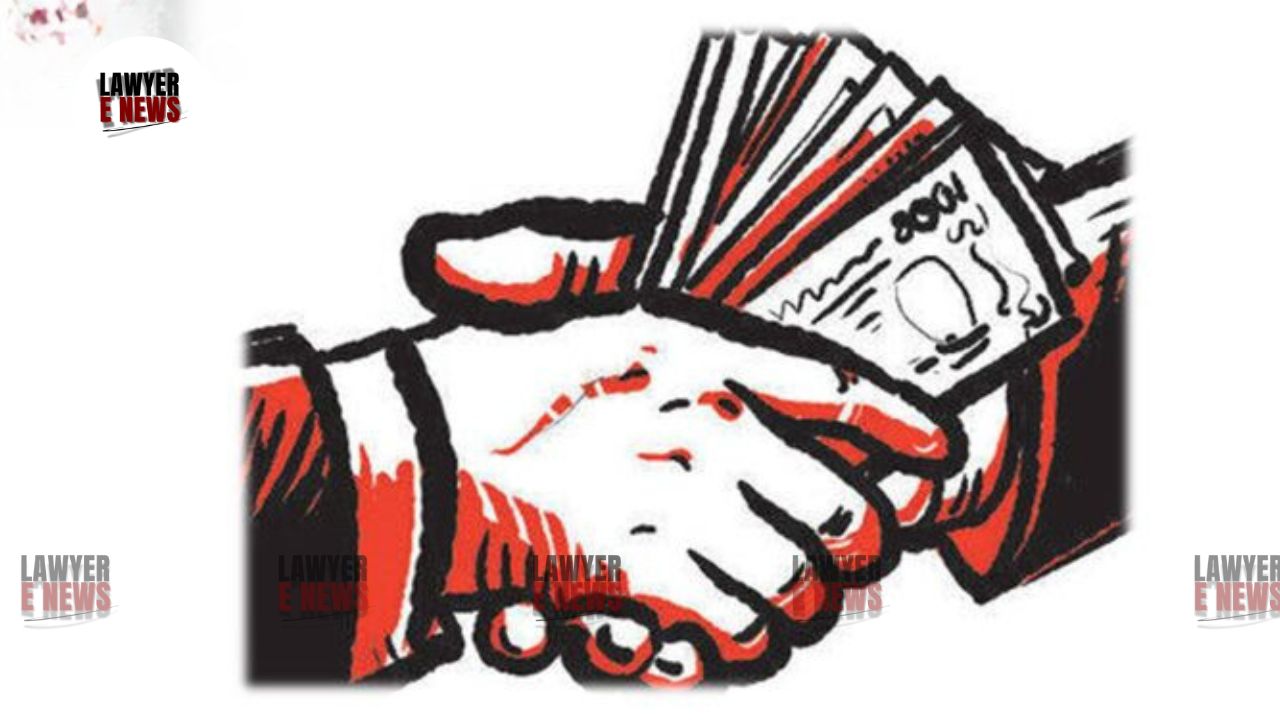-
by Admin
15 February 2026 2:36 AM



"In the absence of any material to implicate him, continuing the trial against the appellant would amount to a travesty of justice," the Supreme Court stated, quashing the proceedings against the appellant.
Supreme Court of India, in Byappanahalli Prabhakar Reddy Kumar Babu vs The State of Telangana (Criminal Appeal No. 2899 of 2024), quashed the proceedings against the appellant, Accused No. 13, in a high-profile corruption case involving quid pro quo transactions. The appellant, a business associate, was accused of facilitating fund transfers in a large-scale bribery case involving influential public figures. However, the Court found no sufficient evidence to continue the trial against him.
The case arose from a series of allegations concerning misuse of official position by accused individuals, resulting in illegal financial benefits and the allocation of public resources. The accusations stemmed from public interest litigation filed before the High Court of Andhra Pradesh. Multiple FIRs and chargesheets were filed, implicating several accused, including the appellant, for offenses under Sections 120B and 420 of the Indian Penal Code (IPC) and Section 12 of the Prevention of Corruption Act, 1988.
The prosecution alleged that the appellant, a close associate of Accused No. 3, facilitated the transfer of ₹50 crores through his company, Cornerstone Property Investments Pvt. Ltd. This amount was routed through shell companies before reaching Accused No. 14's company, Jagati Publications Ltd.
The appellant sought to quash the proceedings, arguing that his company was not made a party to the case, and there was no material to implicate him personally. The Court found merit in the appellant’s contention, noting that none of the shell companies involved in the fund transfer were made accused, and the prosecution had failed to present any substantial evidence against him.
The Court emphasized that while the primary accused, including Accused Nos. 1, 3, and 14, were central to the case, there was no basis for continuing the trial against the appellant.
The Supreme Court set aside the High Court's judgment, quashing the proceedings against the appellant. However, the Court clarified that its decision would not affect the pending trials against the other accused. This ruling reinforces the principle that criminal liability must be backed by clear evidence, especially in complex financial and corruption cases.
Date of Decision: October 3, 2024
Byappanahalli Prabhakar Reddy Kumar Babu vs The State of Telangana
